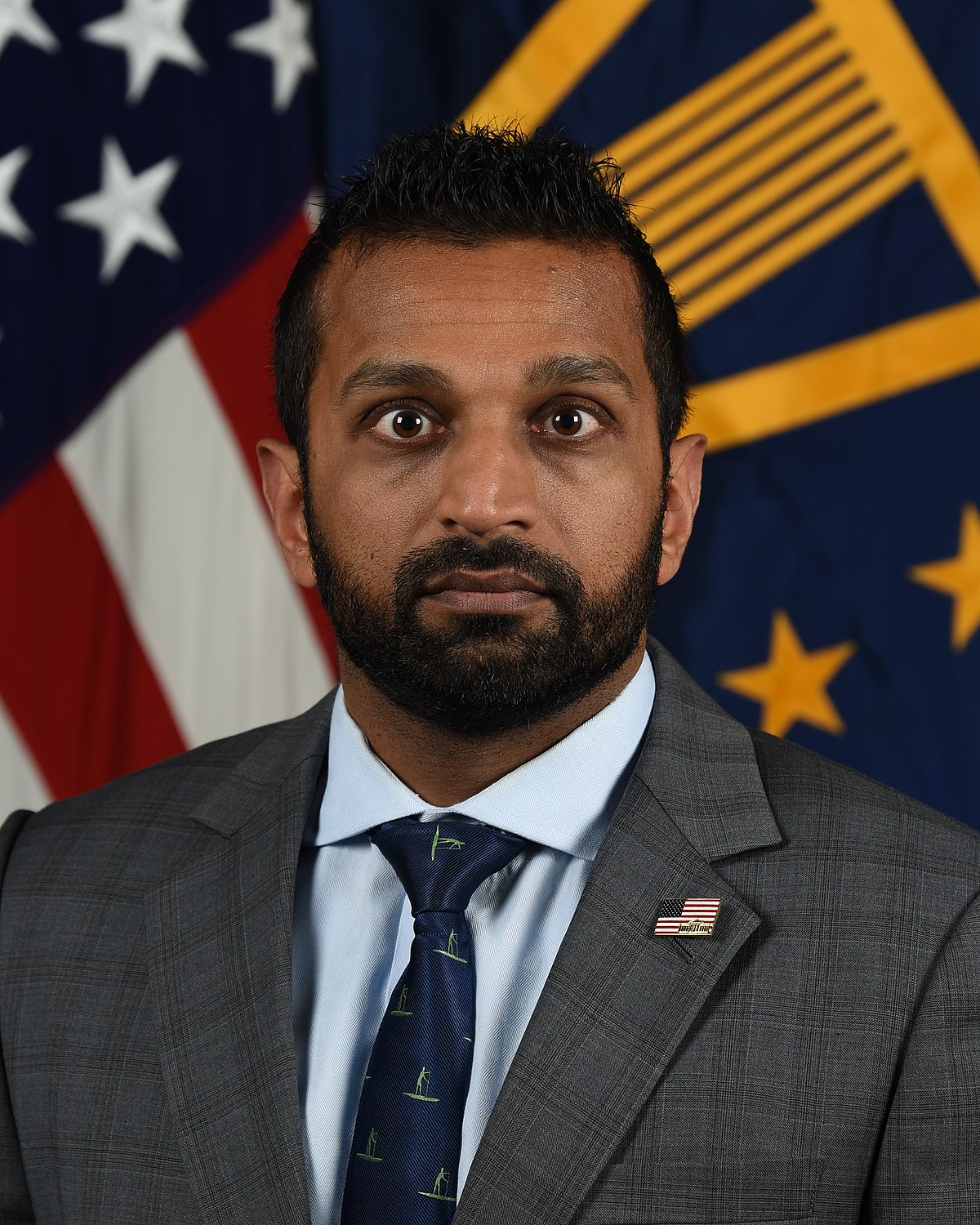Is Kash Patel the right choice for leading one of America's most prestigious law enforcement agencies? A bold statement supporting this question lies in Patel's extensive legal background and his commitment to combating what he perceives as a deep state within the U.S. government. However, critics argue that his controversial views and lack of traditional law enforcement experience might hinder the FBI's effectiveness.
Kash Patel, an Indian-American lawyer and government official, has been nominated by former President Donald Trump to serve as the Director of the Federal Bureau of Investigation (FBI). Born to Indian immigrants, Patel describes himself as a native New Yorker. His career trajectory includes significant roles during Trump's first term, where he gained notoriety for advocating against the so-called deep state. This concept refers to a perceived shadow government influencing national policies. Patel's nomination has sparked considerable debate regarding his suitability for such a critical position.
| Bio Data & Personal Information | Details |
|---|---|
| Full Name | Kashyap Patel |
| Date of Birth | March 27, 1980 |
| Place of Birth | New York City, New York, USA |
| Nationality | American |
| Education | Juris Doctor from Syracuse University College of Law |
| Profession | Lawyer and Government Official |
| Political Affiliation | Republican Party |
| Current Position | FBI Director Nominee |
| Personal Life | Marital Status: Unmarried (as of latest reports) |
| Reference Website | Official FBI Website |
Patel's rise to prominence began with his work in Washington, D.C., where he served in various capacities under the Trump administration. He initially worked as a senior advisor at the Department of Defense before transitioning into more high-profile roles. During his tenure, Patel became known for his outspoken stance against alleged governmental overreach and conspiracy theories surrounding election integrity. These positions earned him both admiration and criticism from different political factions.
One notable aspect of Patel's personal life involves his relationship with Alexis Wilkins, a former country singer turned Capitol Hill press secretary. Their meeting reportedly occurred through mutual friends within Republican circles. Wilkins' career shift aligns closely with Patel's professional network, further solidifying their connection within conservative political spheres. Despite speculation about their relationship, little concrete information exists regarding their private lives beyond professional engagements.
Critics of Patel's nomination highlight concerns about his qualifications compared to previous FBI directors who typically possess extensive law enforcement backgrounds. While Patel boasts impressive legal credentials, some observers question whether these alone suffice for effectively managing an organization responsible for national security matters. Furthermore, detractors point out Patel's association with unsubstantiated claims regarding election fraud and January 6 conspiracy theories, raising doubts about his impartiality and judgment.
Supporters counter by emphasizing Patel's unique perspective shaped by his immigrant roots and dedication to addressing perceived systemic issues within federal institutions. They argue that fresh ideas are necessary to modernize the bureau and address evolving threats like cybercrime and domestic terrorism. Proponents also praise Patel's focus on prioritizing illegal immigration and violent crime prevention—issues considered paramount by many Republicans.
Public interest in Patel's financial dealings has intensified following revelations concerning O.J. Simpson's assets potentially entering court proceedings. Although unrelated directly to Patel, such cases underscore broader discussions around accountability and transparency in public office. If proven viable, similar scrutiny could apply to future investigations conducted under Patel's leadership at the FBI.
Patel's journey from a child of Indian immigrants to a potential leader of America's premier investigative agency symbolizes the American dream for many aspiring professionals. Yet, it also exemplifies ongoing debates surrounding diversity, inclusion, and meritocracy within high-ranking governmental appointments. As Senate deliberations continue, all eyes remain fixed on whether Patel will ultimately secure confirmation as the next FBI director.
Regardless of outcome, Kash Patel's story represents a pivotal moment in contemporary American politics. It challenges conventional norms while inviting reflection on how best to balance innovation with tradition when selecting leaders for vital national institutions. In doing so, Patel's candidacy serves as a microcosm reflecting larger societal shifts occurring across the United States today.



